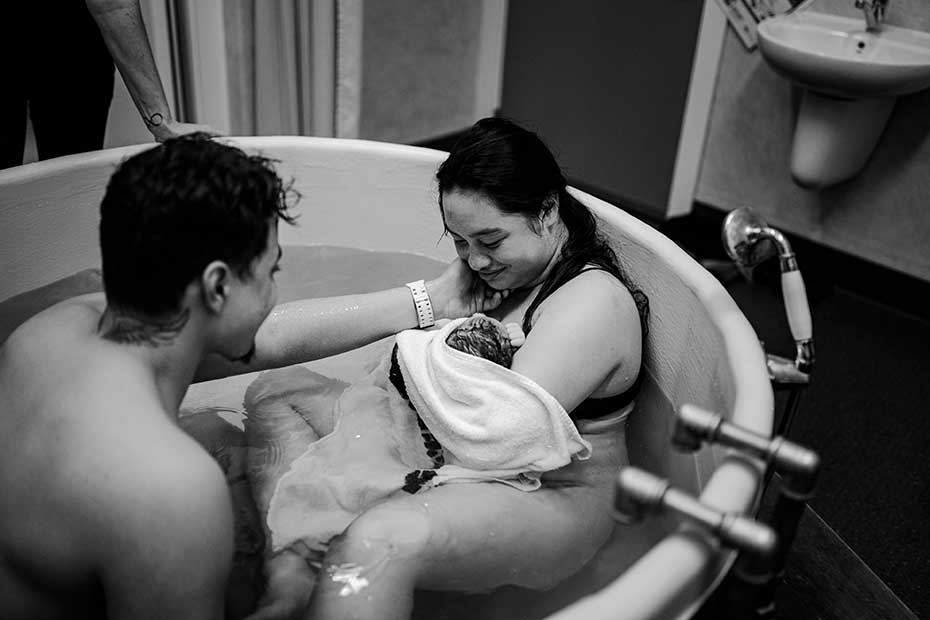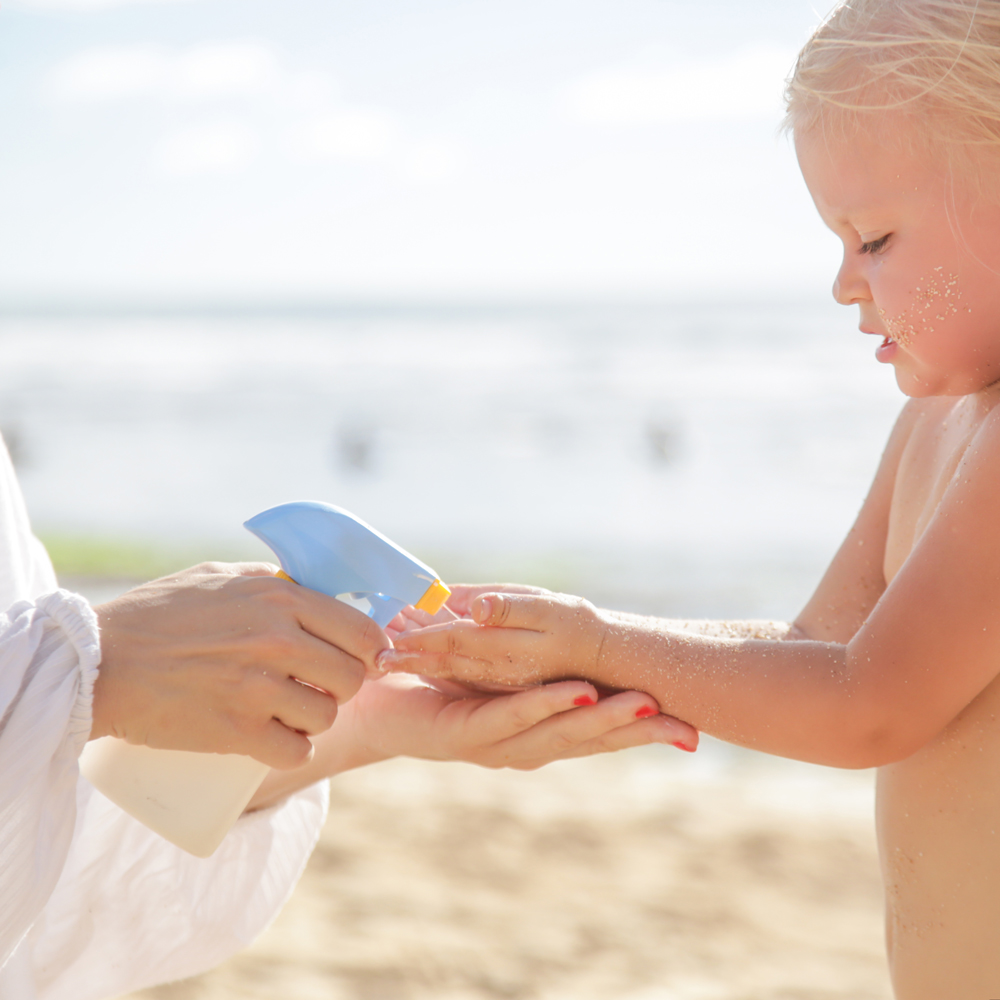Having a Water Birth in New Zealand

PĒPI Avayah-Ann Te Hau
MĀMĀ Genesis Bidois
PHOTOGRAPHY Catherine Smith @catherinesmithphotography
If you wish to give birth in water, it’s best to discuss this option with your LMC before you go into labour.
What is a water birth?
A water birth is when a baby is born completely submerged into water.
What are the benefits of using warm water in labour?
Getting into warm water that is deep enough to have your belly submerged has proven therapeutic benefits during labour. It may help you to relax, reduce pressure on your back and pelvis, and lessen the intensity and pain of contractions.
Is it safe?
The New Zealand College of Midwives supports the use of warm water immersion for pain relief during labour and also says that remaining in the water for the birth of your pēpi has no proven adverse outcomes for the birthing person or their baby where the labour has been normal.
The Royal Australian and New Zealand College of Obstetricians and Gynecologists also maintain that ‘there is no evidence of increased maternal, fetal or neonatal risk associated with water immersion, compared with labouring and giving birth on land’.
Does every birthing unit have birthing pools?
Many maternity units have birthing pools available for birthing people to use in labour. If you decide to visit the unit before you decide to give birth there, you can ask about the availability of birthing pools. Alternatively, if you’re planning a home birth you can hire one and have it partially set up by around 38 weeks of pregnancy, so it’s ready to be fully inflated when labour begins.
Can I deliver my baby in the water?
Your midwife or obstetrician may permit you to labour and/or give birth in water if your pregnancy and labour have been normal and doing so would not increase any risks. Your LMC will assess the wellbeing of you and your baby beforehand and make a plan for monitoring your baby’s heartbeat whilst in the water. If your membranes have ruptured many hours prior to getting in the water, it may be recommended that you receive IV antibiotics to prevent the possibility of infection. It’s important that you stay hydrated and don’t get too hot while in the pool as well.



